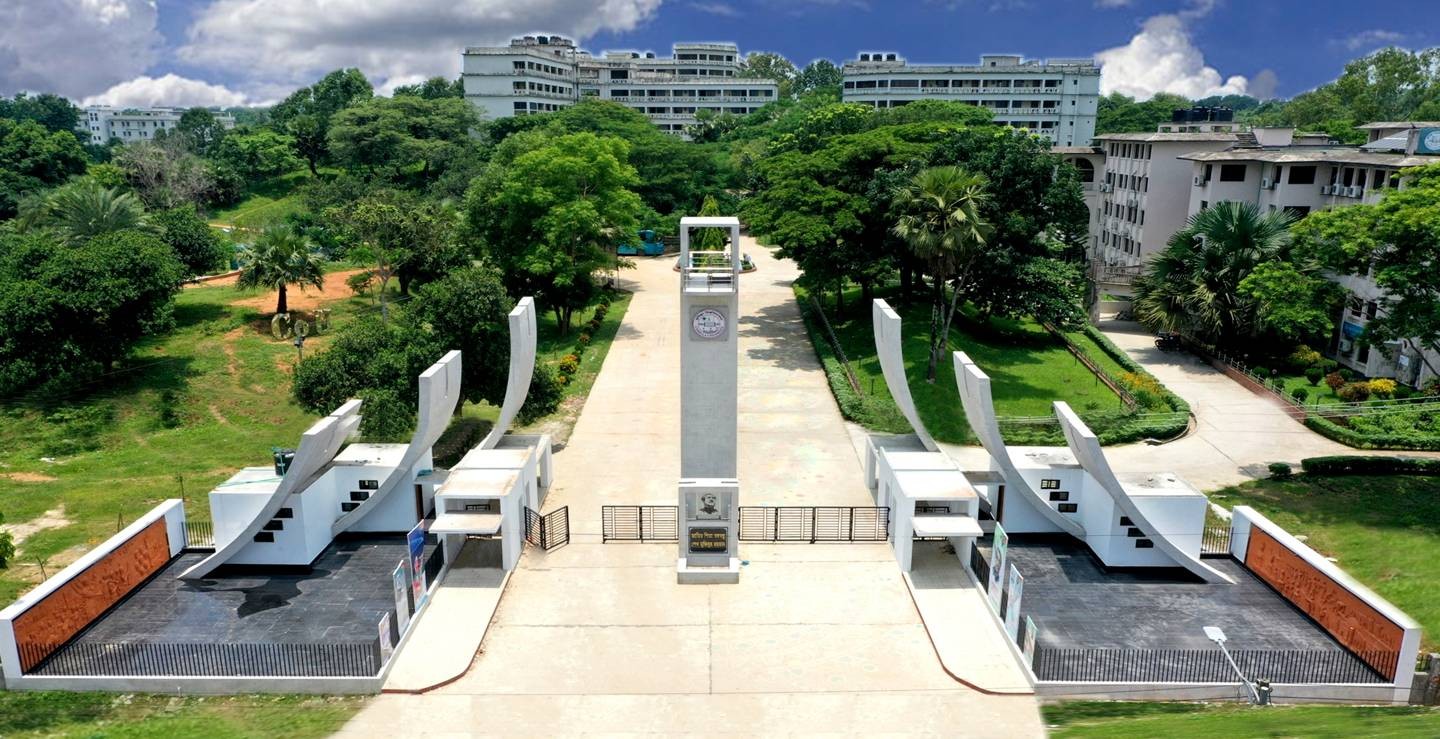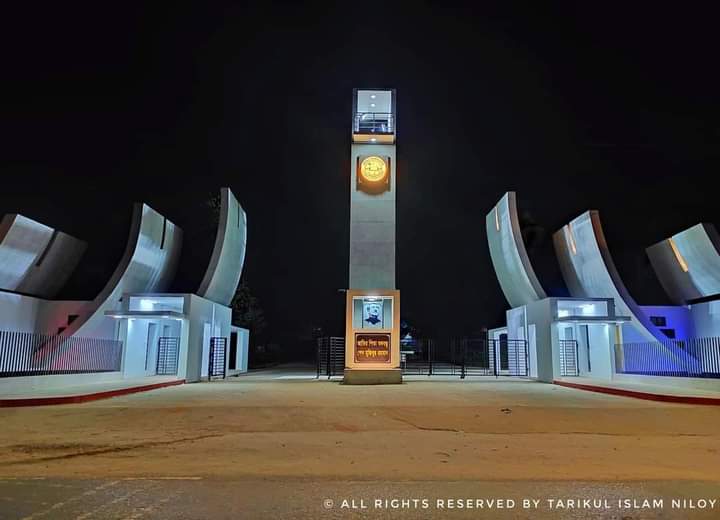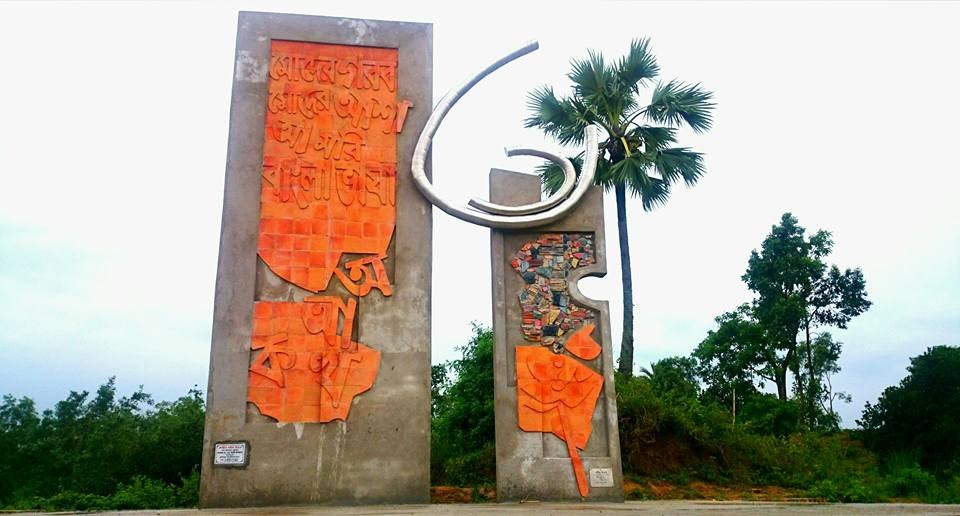By Md Shajjad Hossen
How Bangladesh Financial Crisis Hurts Ordinary People:
The banking system in Bangladesh is supposed to provide a reliable foundation of the economy, supplying credit, protecting deposits, and promoting economic expansion. However, a concerning trend has surfaced in recent years: corruption at all levels of the banking industry is undermining public confidence, depleting resources, and impeding economic growth. The effects of corruption are seen across society, from high-profile loan scandals to the difficulties faced by regular people in obtaining loans. What can be done to change the situation, and how did it become this bad?
Stories of Betrayal: Scandals that Shocked a Nation:
When high-profile fraud cases in some of the country’s most well-known institutions emerged, Bangladesh’s financial situation took a dramatic shift. In one instance, a state-run bank found that insiders had used fake companies and fake loans to take off billions of dollars. Ordinary people who relied on these banks to protect their investments were left wondering: how secure is their money if such a large-scale loss could go undetected?
Consider a Chittagong small business owner who relies on bank borrowing to grow her little organization. She visits the bank but is turned down for a loan. Why? Due to the bank’s severe losses from a significant scandal, loan approvals have stopped and resources are scarce. Her dream of growth is on hold, a reminder of how corruption can hinder personal progress and economic mobility.
The Roots of a Broken System:
In Bangladesh’s financial industry, corruption comes from more serious problems than just a few bad people. A climate that is favorable to financial misbehavior is created by a complicated combination of political relationships, a lack of regulatory authority, and inadequate internal control. Due to their strong relationships with powerful political leaders, many banking executives are able to avoid the regulatory supervision that ought to hold them responsible. vicious cycle is produced by this culture of immunity: when one crime goes unpunished, others are encouraged to do the same.
Furthermore, managers organizations entrusted with maintaining the integrity of the system, such as Bangladesh Bank, sometimes lack the resources and independence necessary to carry out their duties. In the quickly changing financial industry of today, such inadequate monitoring permits unethical behavior to thrive.
The Price of Corruption on Ordinary People’s Lives:
The real toll of corruption is paid by ordinary Bangladeshis. When banks hemorrhage money, resources become scarce, and accessing credit becomes harder. Many businesses, especially small and medium enterprises (SMEs), find themselves unable to secure the funding they need to grow. This slows down job creation, limits income opportunities, and hinders local economies.
Corruption also eats away at public confidence. Banks are built on trust, but when scandals keep surfacing, people start to question the safety of their deposits. If faith in the system wanes, there’s a risk of depositors pulling their money, potentially triggering a liquidity crisis that would affect not only the financial sector but also the broader economy.
Seeking Solutions: Can Technology Help?
Bangladesh must look beyond surface level reforms and consider more long-term solutions in order to address the sector’s deeply ingrained problems. Technology is one such solution. By increasing transaction transparency and decreasing fraud opportunities, digital tools have the potential to revolutionize the banking industry. For instance, blockchain provides a fingerprint method of tracking transactions and identifying errors. Bangladesh can learn from the way nations like India have improved the security and accountability of their financial systems by implementing digital identity and transaction systems. However, significant funding, dedication, and training are needed for technological advancements. Although the road is not simple, Bangladesh could make a crucial first step in purifying its financial sector by adopting a tech-first strategy.
Rebuilding Trust:
Accountability is the first step toward true change. Rebuilding public trust in the system requires holding financial institutions accountable, especially those with strong connections. Imposing actual consequences needs extra, independent regulatory agencies. Financial institutions can also prevent corruption before it spreads by implementing a culture change that places a top importance on ethics and openness. Financial awareness and literacy are essential for the typical Bangladeshi. Campaigns that raise awareness of the banking system and promote attentiveness can enable people to recognize red flags and push for better procedures. It is more difficult for unethical behavior to go unrecognized when citizens are aware and alert.
A Vision for a Better Tomorrow:
It will take time for Bangladesh’s financial sector to initiate reform. Institutions, the government, and citizens must all work together to achieve this. Imagine a Bangladesh where everyone benefits from economic growth, banking is reliable, and loans are easily available. Not only is a financial sector free from corruption feasible, but it is also necessary for the advancement of the country. Hope for a better, more inclusive future in Bangladesh is restored when financial integrity is restored.
The Writer is a Member of Social Research Group (SRG) and an undergradute Student of Public Administration, Comilla University.
















